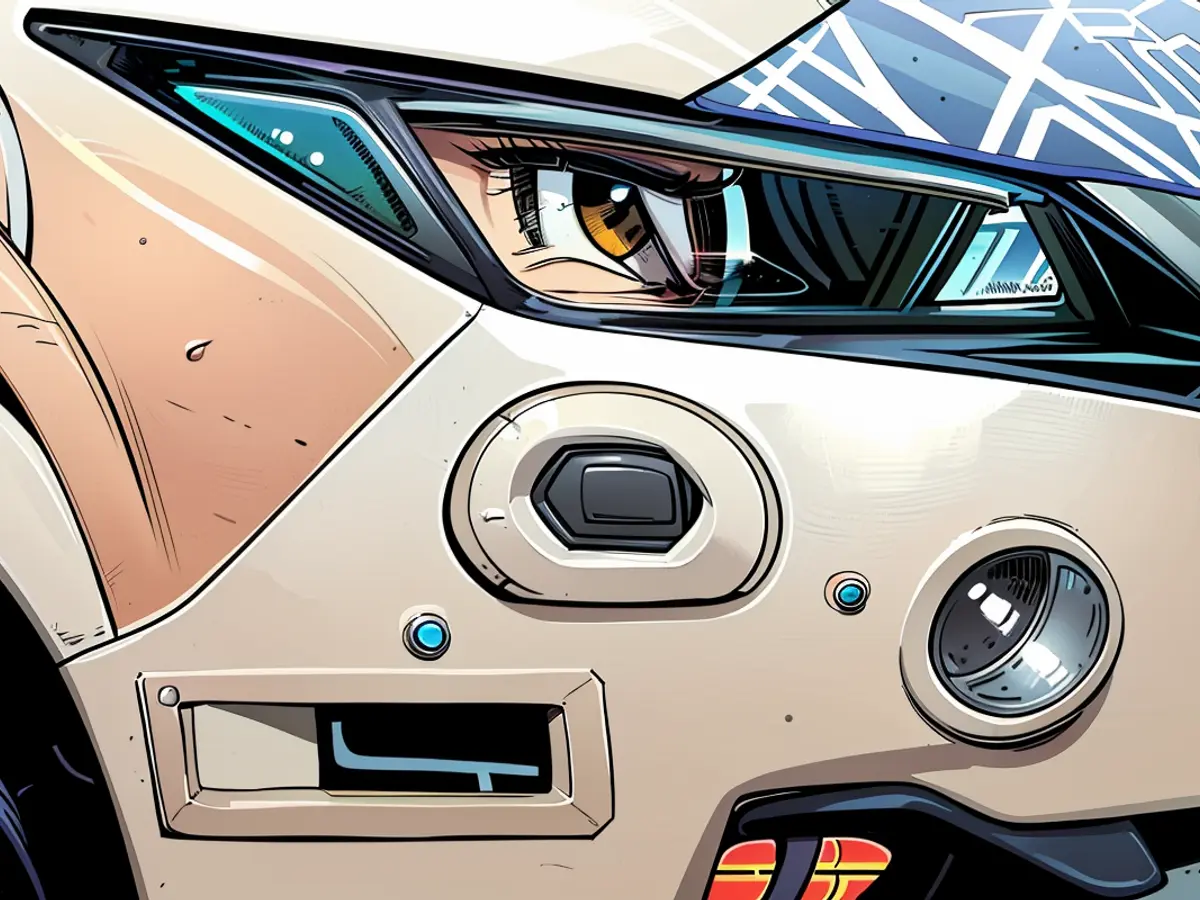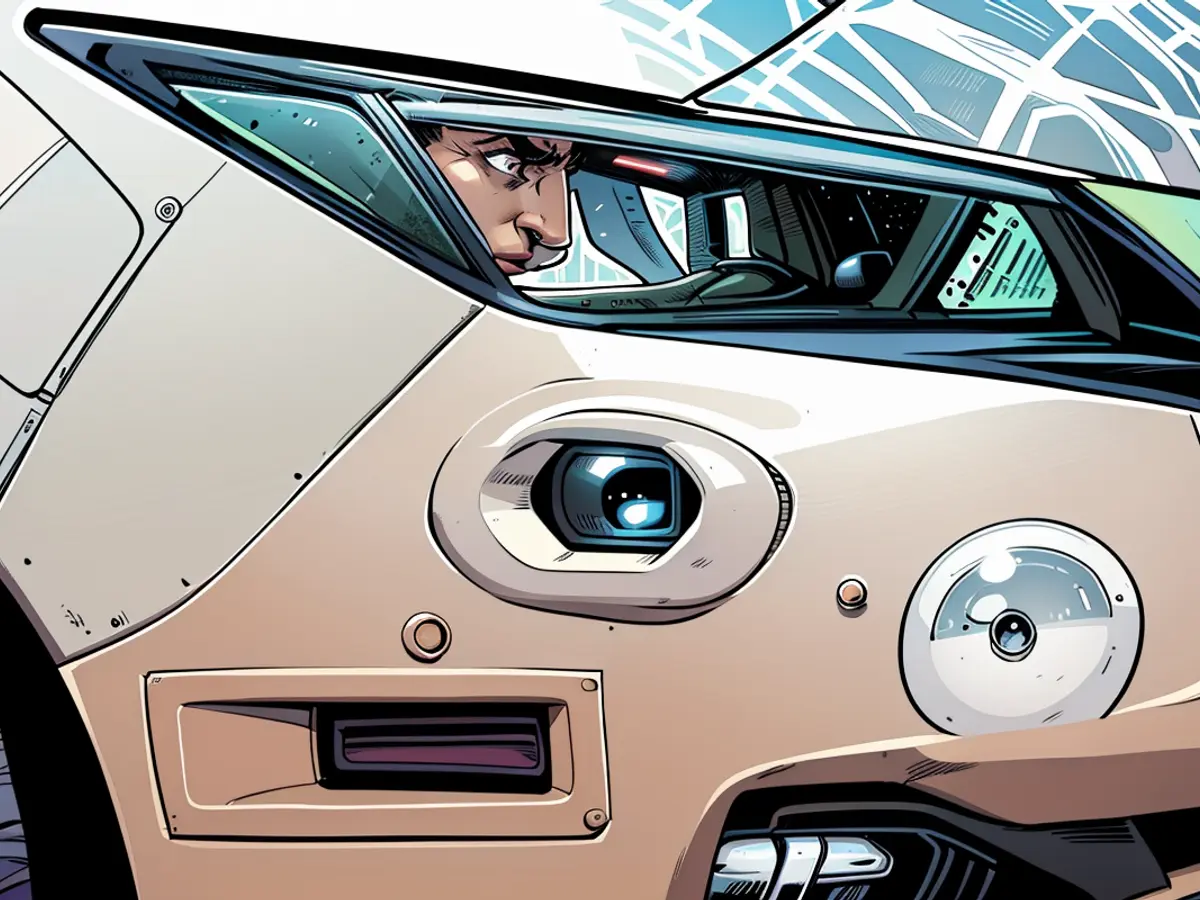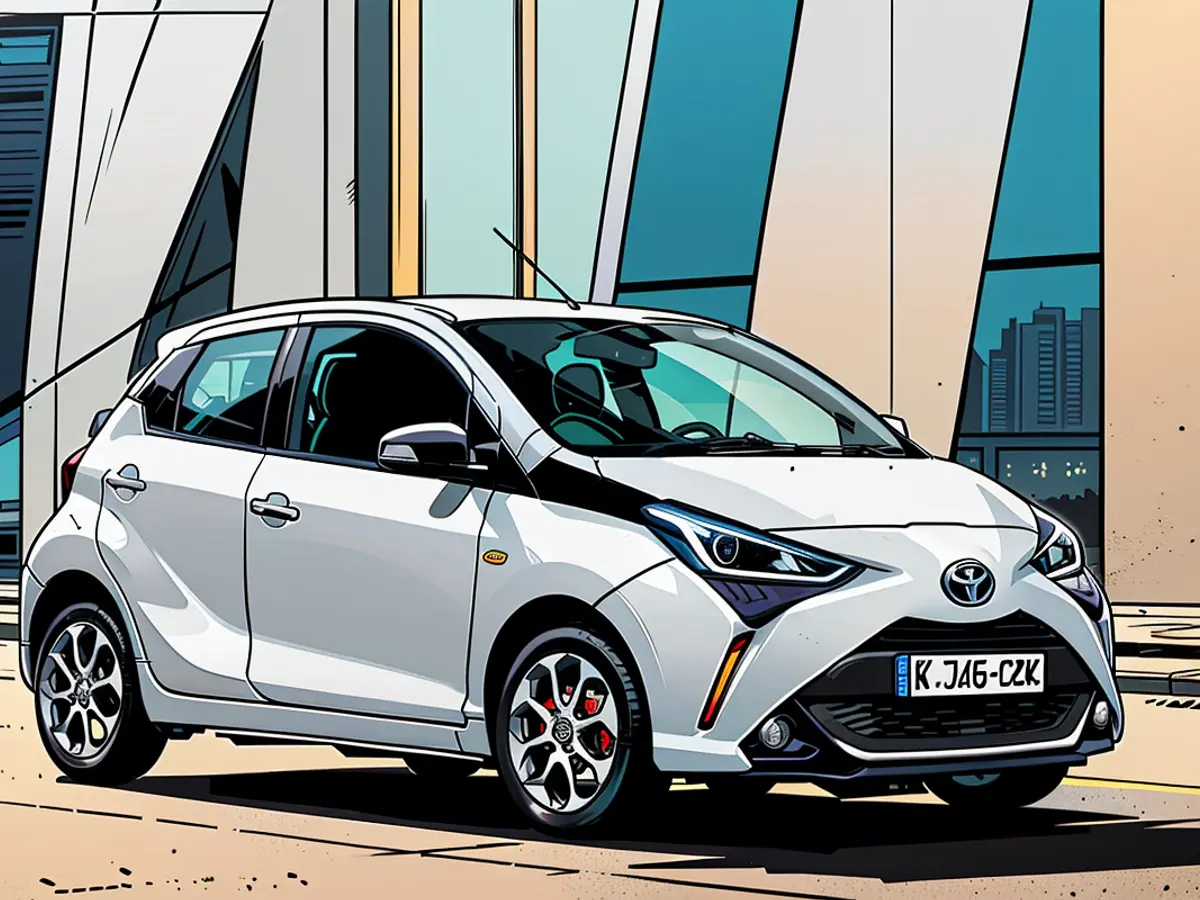Toyota Corolla - a classic with typical flaw
The Successor of Toyota Auris is Called the Same: Corolla. The New Model, Which Has Been Available Since 2019, Comes in an optional SUV Derivative and Performs Well in the TÜV - Mostly. However, a Flaw Emerges in All Vehicle Classes.
The Corolla is Toyota's equivalent to the Golf for VW: Introduced decades ago, it was meant to become a classic. Enough time for the ITV (Individual Vehicle Test) verification? This can be confirmed with a glance at the vehicle's reliability. However, when it comes to breakdowns, the Japanese compact model exhibits a common flaw across all vehicle classes.
Model History
Toyota's considered compact class has been back on the market as the Corolla since 2019. It underwent optic and technical revisions in early 2023. Toyota introduced the first Corolla model in the 1960s. From 2017 to 2019, Toyota marketed the compact models in Europe as Auris, and then returned to the classic name.
Body and Variants
The current Corolla is available as a five-door hatchback with a steep rear, a sedan, and a Touring Plus station wagon. Since 2022, the Corolla Cross has been part of the European sales program, competing against compact SUVs like the VW Tiguan, Ford Kuga, and Honda CR-V. The Cross is available as a hybrid with a second electric motor at the rear axle, making it an all-wheel drive vehicle.
Dimensions (according to ADAC)
- 4.37 to 4.65 meters x 1.78 to 1.83 meters x 1.44 to 1.62 meters (L x W x H)
- Trunk volume: 361 to 1024 liters (sedan: 471 liters; station wagon: 598 to 1606 liters; Cross: 414 to 1333 liters)
Strengths
The young new Corolla performs well in the ITV, as expected - better than its direct predecessor Auris. The vehicle's chassis components are "better or much better than average," according to the "Auto Bild TÜV-Report 2024".
In terms of brake components, the disc brake stands out with particularly good values. The emissions inspection (ITV) is not an issue, oil loss is not a concern, and structural issues with the exhaust system have not been reported yet.
Weaknesses
However, the youngest Corolla is not without faults. With increased failure rates for the brake discs, it faces more frequent issues due to excessive wear. Corolla drivers must also deal with higher failure rates for the front lighting. The second ITV check at the age of five years has not yet been considered in this assessment.
Reliability
In the ADAC reliability statistics, which evaluate vehicles from the age of three years, the new Corolla occupies places in the middle and even behind. The cause: The only significant issue is the starter battery - for models from the 2019 to 2022 production years. The battery is the leading cause of breakdowns across all vehicle classes.
Engines
- Gasoline (three- and four-cylinder, front-wheel drive): 85 kW/116 PS to 92 kW/125 PS
- No diesel
- Hybrid (gasoline-four-cylinder and electric motor, front- and all-wheel drive): 90 kW/122 PS to 145 kW/197 PS (per system power)
Dealer Sales Value according to the German Automobile Trust (DAT) with statistically expected kilometers - three price examples
- Corolla 1.2T Basis Five-seater (6/2020); 85 kW/115 PS (Four-cylinder, EURO 6d); 49,000 Kilometers; 13,419 Euro.
- Corolla Touring Sports 1.8 Hybrid Basis (6/2021); System Power 90 kW/122 PS (Gasoline-Four-cylinder + E-Motor); 38,000 Kilometers; 19,503 Euro.
- Corolla Cross 2.0 Hybrid AWD Lounge (6/2022); System Power 145 kW/197 PS (Gasoline-Four-cylinder + E-Motor); 33,000 Kilometers; 30,475 Euro.
The Toyota Corolla, known as the compact class successor to the Auris, is also available as a used car in the market. This used Toyota Model has undergone TÜV inspections, ensuring its compliance with safety and emission standards.
Interested buyers can find various Toyota Models, including the Corolla, in the used car segment, all of which have gone through the necessary TÜV checks for providing peace of mind to potential buyers.








